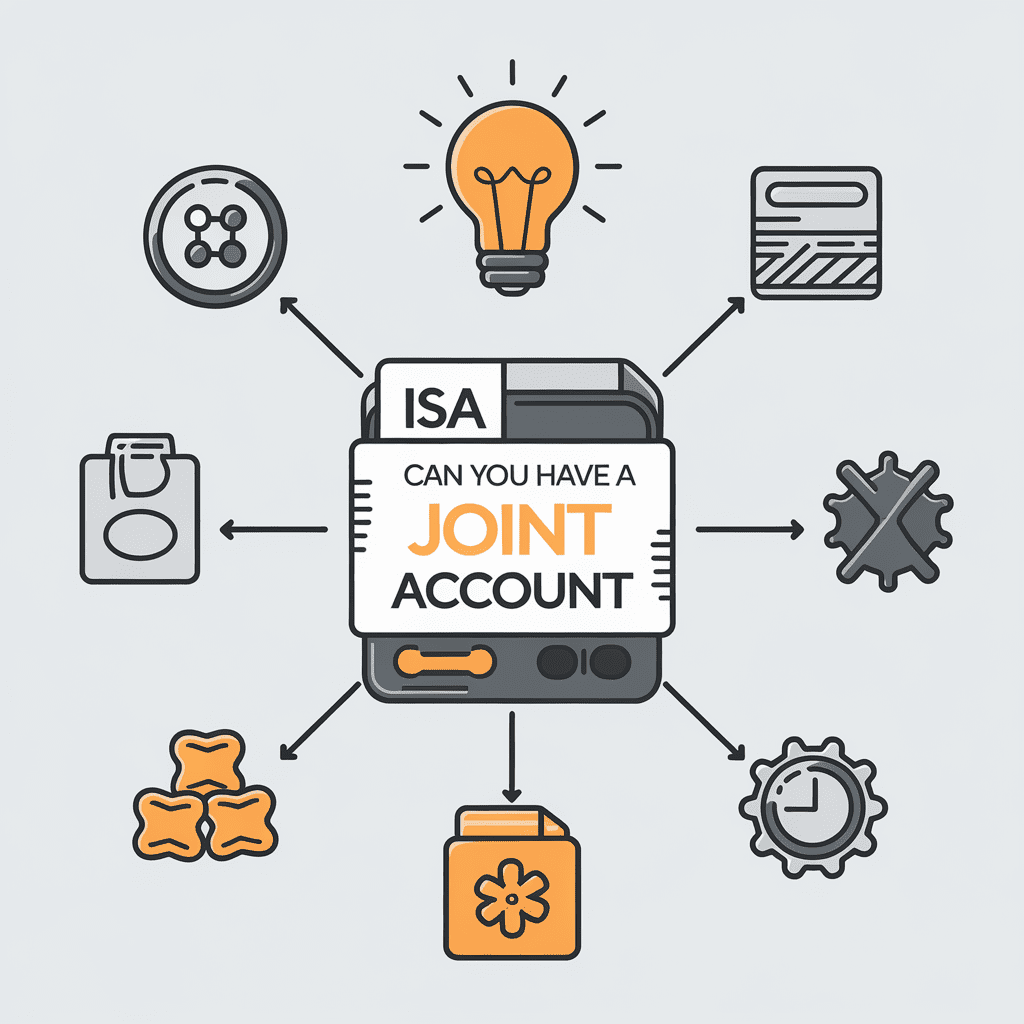Investment bonds serve as sophisticated tax-efficient investment vehicles, offering wealth-building opportunities for discerning investors. Understanding the intricacies of bond transfers and managing these financial instruments effectively remains crucial for optimising returns.
Investment Bond Transfers Explained
Transferring investment bonds between providers depends entirely on your specific product. ISAs, Collective Investment Accounts, and Collective Retirement Accounts typically allow transfers without incurring costs. However, Collective Investment Bonds require surrender before moving, potentially triggering fees.
Essential Requirements
Successful investment bond strategies demand careful consideration. Investors should possess adequate capital, typically starting from £10,000, alongside the capacity to commit funds for predetermined periods. Understanding market fluctuations and associated risks proves fundamental.
Strategic Exit Planning
Exit strategies represent a cornerstone of successful bond management. These predetermined action plans activate when investments reach specific values, ages, or meet particular criteria. Professional wealth managers often recommend establishing clear exit parameters, particularly for trust-held bonds, ensuring optimal tax efficiency during liquidation.
Acquisition Process
Securing investment bonds requires a thorough understanding and professional guidance. Independent financial advisers provide invaluable insights, ensuring selected products align with individual circumstances and wealth management objectives.
Common Investment Bond Queries
Offshore Bond Transfers
Most offshore bonds offer transfer capabilities between providers, subject to specific terms and conditions. Understanding associated costs and implications remains essential before proceeding.
Trust Integration
Existing investment bonds can transition into trust structures, potentially offering significant inheritance tax advantages through careful ownership transfer arrangements.
Long-term Benefits
Twenty-year investment periods often unlock enhanced tax advantages through qualifying periods. These benefits vary based on individual circumstances and current regulations.
Professional financial guidance proves invaluable when navigating investment bond decisions. Tax implications depend heavily on personal circumstances and remain subject to regulatory changes. Contact our specialist team to explore how investment bonds could enhance your wealth management strategy.
Alternative Investments London







